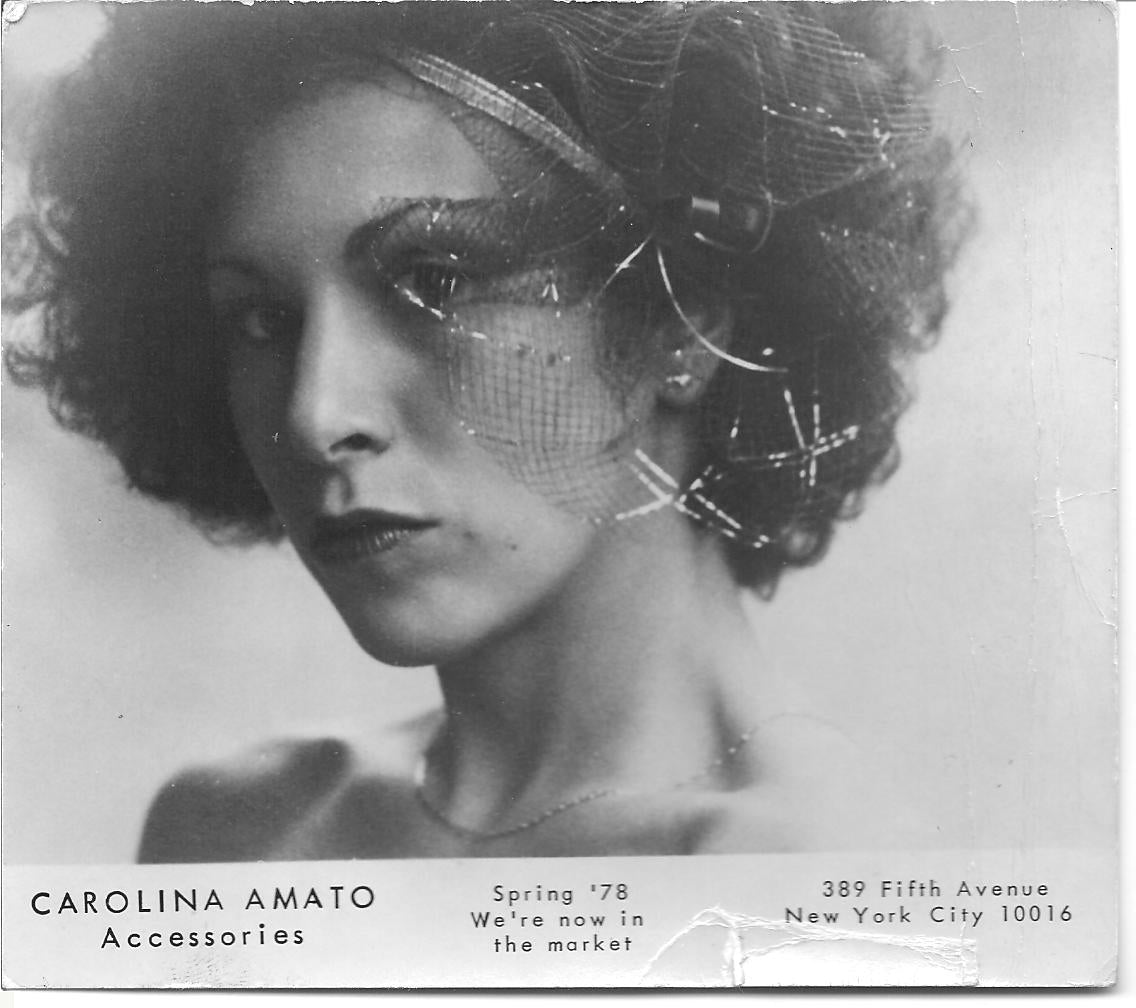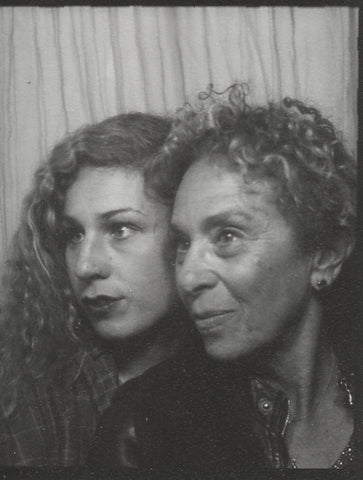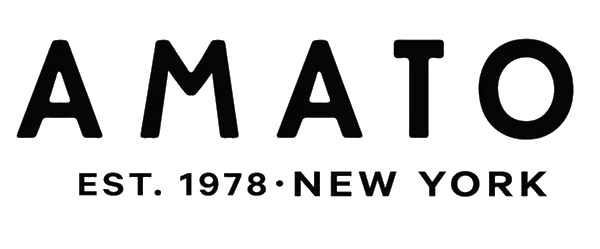Our Story

Carolina Amato Advertisement 1978

Carolina Amato in glove factory, Naples, 2011

Thomas Amato circa 1930 in Brooklyn, wearing a suit tailored by his mother, Frances Amato

Francesca & Carolina Amato
One of New York's premier accessory houses, AMATO NEWYORK has been in business for nearly fifty years. The brand is known for luxurious fine leathers, plush cashmere knits and wovens, and a collection of Made in Italy gloves which are produced at a small factory in Naples. Designer Carolina Amato founded the brand in 1978 under the mark that bears her name, eventually rebranding to simply AMATO NEWYORK in 2017. Today, our company enjoys a loyal group of style conscious consumers who appreciate impeccable Italian craftsmanship, as well as the consistent fit and design of AMATO NEWYORK accessories. AMATO NEWYORK has been featured in pinnacle style magazines such as Wall Street Journal, Vanity Fair, Vogue, Interview, Town & Country, Schon & Flaunt among many others. We are proud to have been members of the Council of Fashion Designers of America for over twenty years.
Company founder Carolina Amato started her early career as a painter and settled in a loft in New York's Fulton Street Fish market. Her unique talent served her well when she eventually turned her creative energies to fashion and accessories design in the late seventies, along with her husband, the architect Frank Capone. Carolina Amato hails from a family of Italian textile professionals who settled in New York City in 1910. The AMATO design legacy began with her maternal and paternal grandmothers, each of whom were skilled craftswomen who plied their craft in New York's garment center, where the AMATO NEWYORK showroom still exists today. Alongside her grandfather, a furniture maker and upholsterer, Carolina Amato recalls her childhood filled with days spent playing with the exquisite ribbons, trims and fine fabrics that adorned her grandparent’s workshops. She also had the privilege of learning to sew from her grandmother on her original black iron Singer factory sewing machine, an experience that she would ultimately utilize as she entered the creative world of fashion and textile design.
